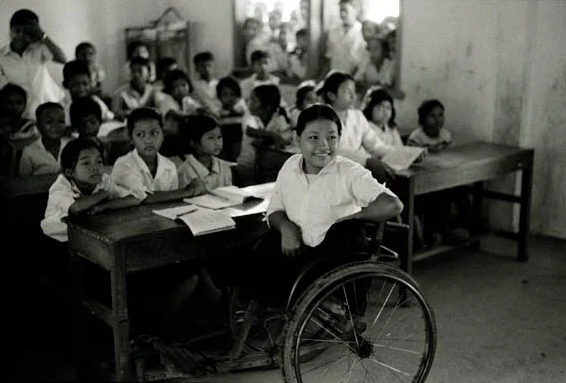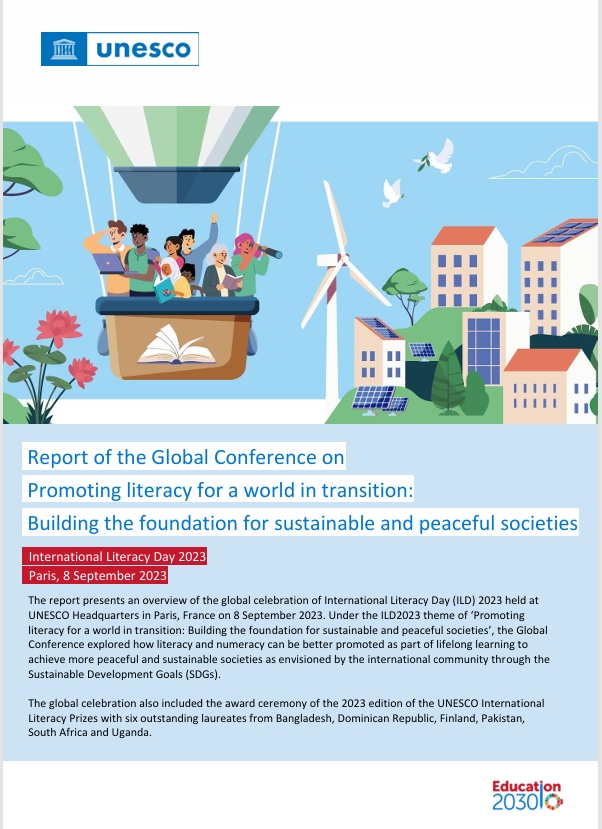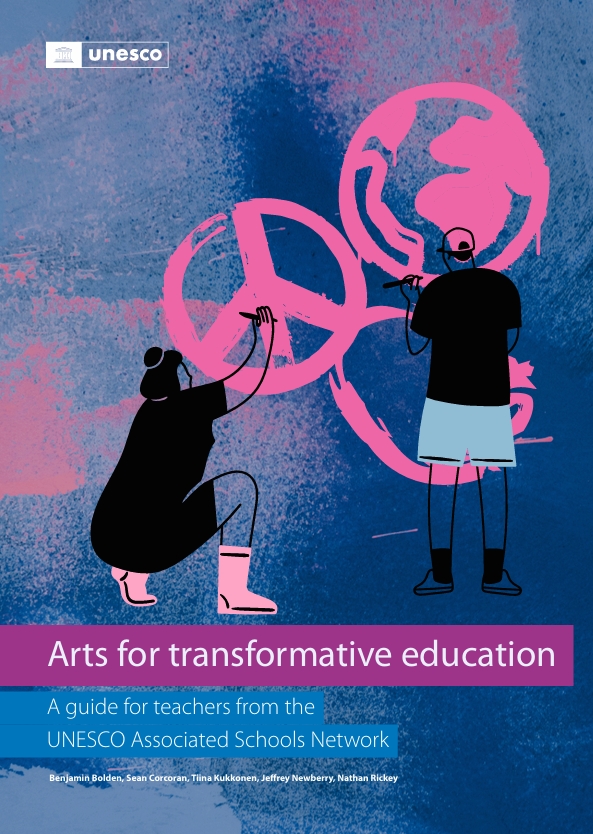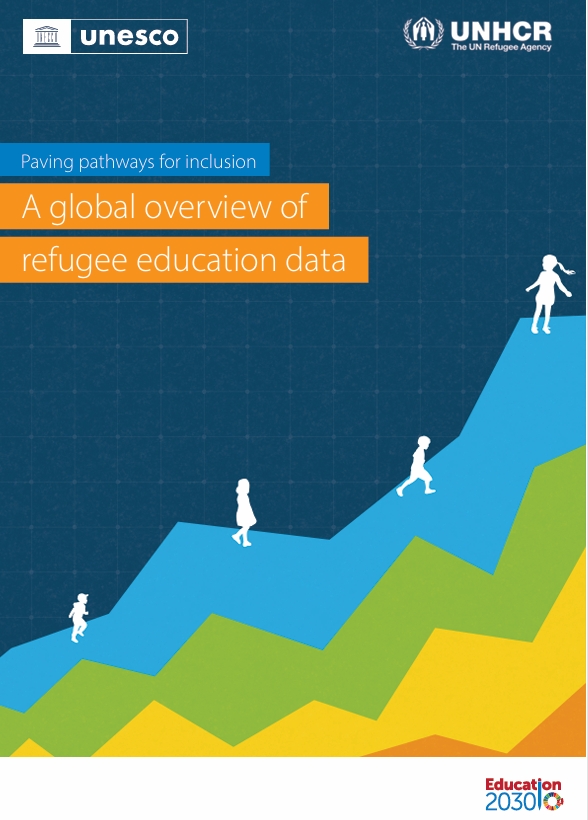Story Source: Charlotte McClain-Nhlapo, Global Disability Advisor, World Bank and Anna Cristina D’Addio, Senior Policy Analyst at the GEM Report
~ Go to Original Article
The onset of the COVID-19 pandemic forced millions of children to stay at home and physically out of school. Despite planned school re-opening in certain regions, 46% of the world’s learners remain impacted by school closures. In response to COVID-19, governments, global education stakeholders, civil society, and educators have collaborated to ensure measures to continue learning, as they simultaneously work to contain the virus and support the health and well-being of learners. From an equity perspective, there is a growing concern regarding potential exclusion of the most marginalized groups and in particular, children with disabilities. The concern is that COVID-19 disproportionately impacts people from lower socio-economic groups. Research indicates that children with disabilities and their families are particularly vulnerable as they are more likely to be poor and less likely to have access to vital information. Poverty is a critical dimension which further exacerbates exclusion from education, health, and social inclusion during the Pandemic.






To capture and address these critical concerns, the Inclusive Education Initiative (IEI) managed by the World Bank released an issues paper focusing on COVID-19 and learners with disabilities. The paper titled, Pivoting to Inclusion: Leveraging Lessons from the COVID-19 Crisis for Learners with Disabilities, highlights the emerging social and educational needs, barriers, and issues experienced by children with disabilities, their families, and teachers. Reinforcing the twin-track approach to disability-inclusive development and the principles of Universal Design for Learning, the paper sets out recommended practices to meet the immediate needs of learners with disabilities, medium-term strategies for re-opening, and long term actions that should be implemented to make progress towards more equitable, inclusive learning ecosystems during and after the pandemic………………………………………………………………………………